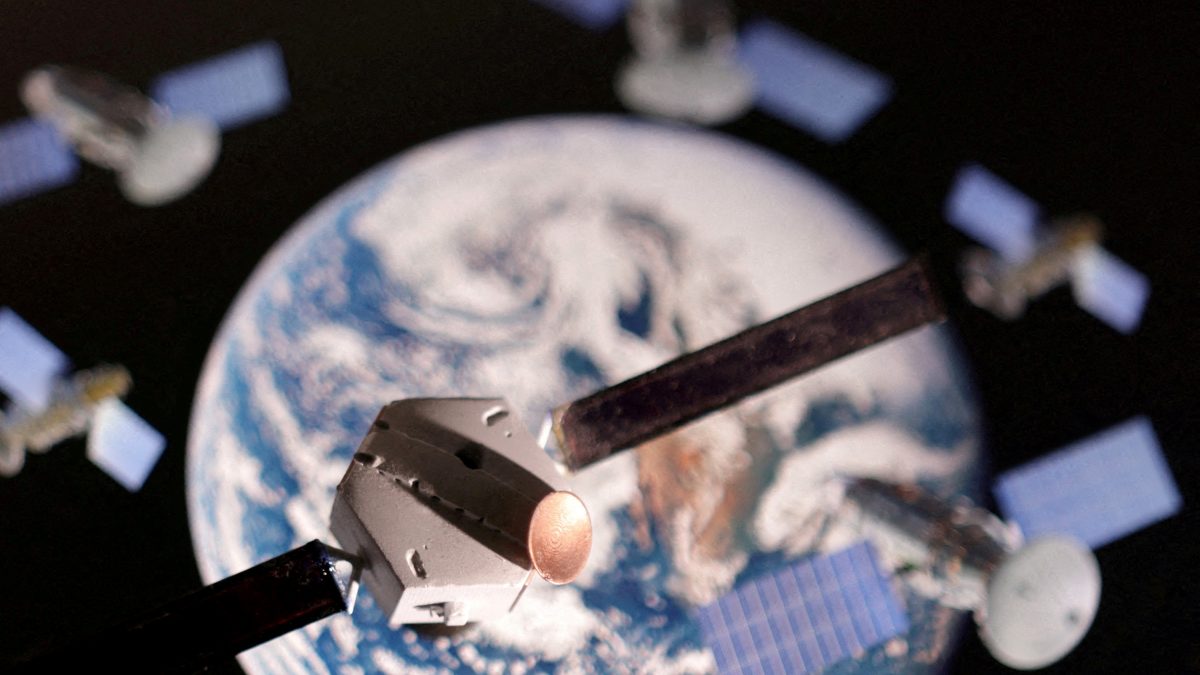The European Commission is exploring plans to develop a new satellite network to bolster the bloc’s military intelligence capabilities, as concerns grow over the US commitment to European security.
The move comes after former US President Donald Trump temporarily halted intelligence sharing with Ukraine earlier this month, starkly bringing into focus Europe’s dependence on American surveillance.
Financial Times quoted Andrius Kubilius, the European commissioner for defence and space, as saying that Brussels is considering expanding its satellite network to enhance geospatial intelligence for security purposes.
“Given the changes in the geopolitical situation, the European Commission is considering expanding its satellite capacities to improve geospatial intelligence support for security,” Kubilius said.
The proposed system would be designed to detect military threats, track troop movements, and help co-ordinate defence operations. Although discussions are still in their early stages, Kubilius stressed the need for an independent European network to complement existing programmes, such as Copernicus, which focuses on climate and disaster monitoring but only updates images every 24 hours.
Costly but necessary investment
Acknowledging that building a new satellite system would be expensive and time-consuming, Kubilius suggested a potential short-term solution using commercial satellite services.
“We are looking to create a specific system as an earth observation governmental service. It would have high technology and high data availability,” he said. The network would operate in low Earth orbit, requiring dozens of satellites to deliver frequent intelligence updates.
Kubilius noted that top commercial systems can provide updates on military movements every 30 minutes– far more frequent than existing European capabilities.
The initiative comes as the Commission advances other defence-related projects, including IRIS², a low Earth orbit broadband network, and Govsatcom, a system designed to link member states’ military satellite communications.
Impact Shorts
More ShortsBoosting European defence spending
The discussions around the new satellite system are part of a broader EU push to strengthen its defence capabilities. The Commission is preparing to unveil a defence plan next week, which will make €150bn in loans available to member states. Additionally, the EU will loosen fiscal rules to allow governments to allocate up to €650bn more for military spending.
The plan, Financial Times reported, will also enable EU countries to collectively procure weapons, helping them secure better deals.
Commission President Ursula von der Leyen has indicated that the funding should prioritise European-made military equipment. Kubilius said this would include products from Norway and “hopefully” the UK, while Turkey’s participation remains under discussion. He noted that Polish Prime Minister Donald Tusk’s recent meeting with Turkish President Recep Tayyip Erdoğan was a “visible symbol” of diplomatic engagement.
The EU is also considering using some of the funds to purchase weapons from Ukraine, which Kubilius pointed out are significantly cheaper than Western alternatives and would help support Kyiv’s economy.
Europe’s strategic gaps
The new defence initiative is expected to identify key areas where the EU remains reliant on US military support. These include strategic airlift capabilities, air-to-air refuelling, and early warning systems.
Kubilius also underscored the need for a European missile defence system, which he estimated could cost as much as €500bn.
“We are naked,” he said. “Are we going to develop that air defence each country alone or collectively? I feel it’s better to have a joint system to co-ordinate to cover the whole territory. But that is not for us to decide.”
)